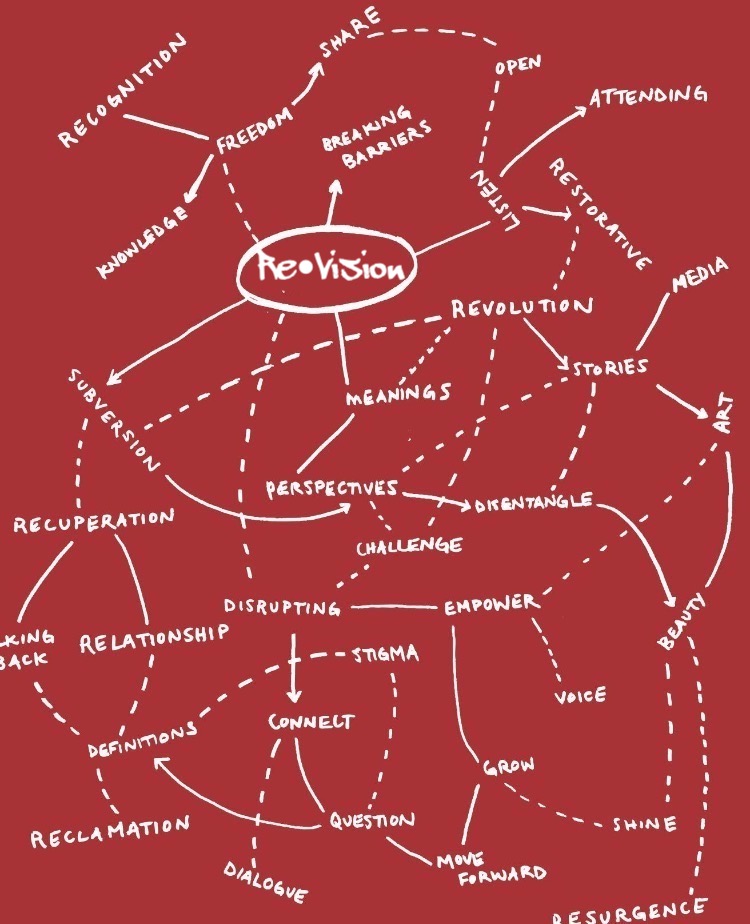
Overview of Digital Storytelling Process
The Re•Vision Centre for Art and Social Justice at the University of Guelph is home to a number of research projects dedicated to exploring ways that a range of communities can use arts-informed research to advance social inclusion, well-being, and justice.
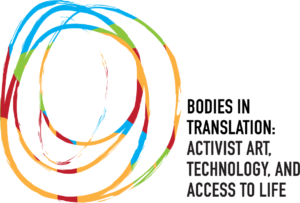
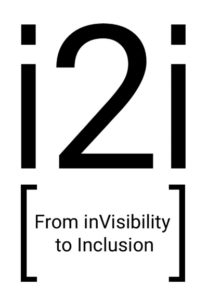
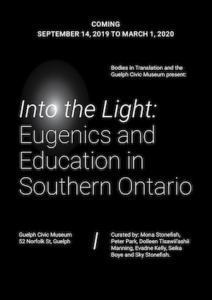
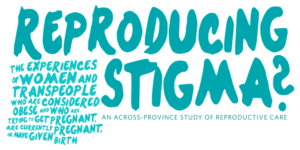
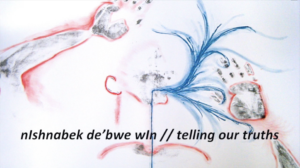
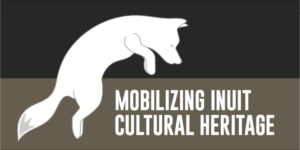
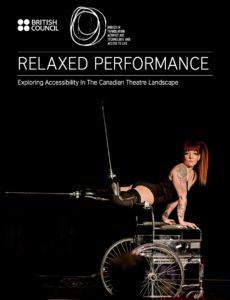

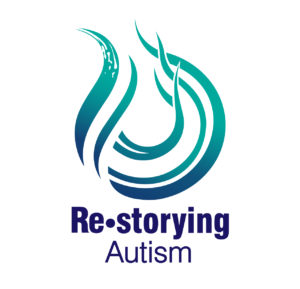
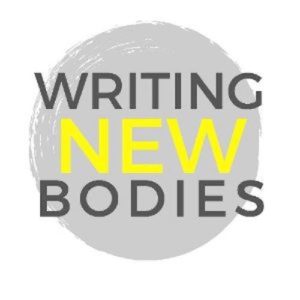
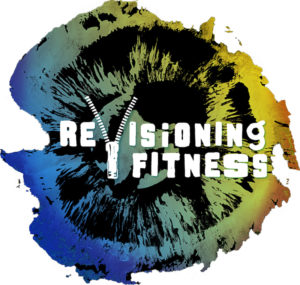
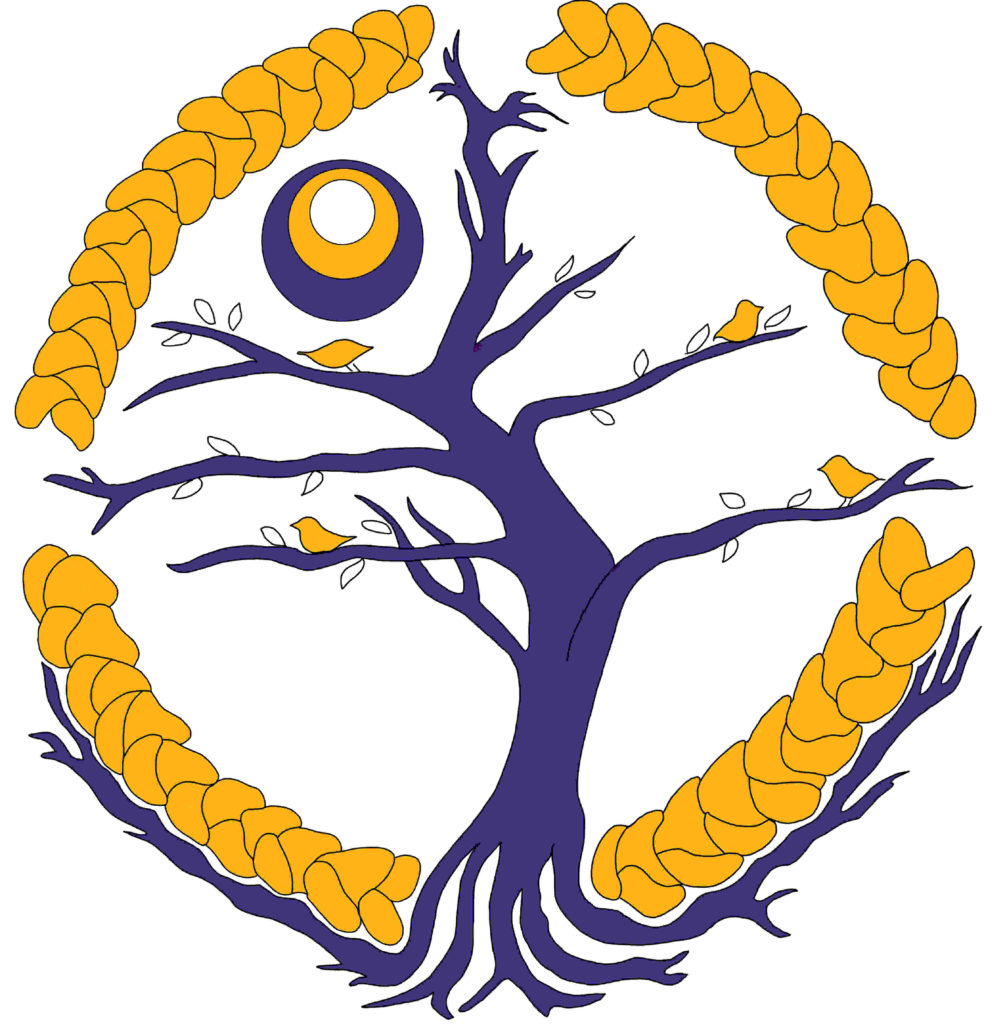
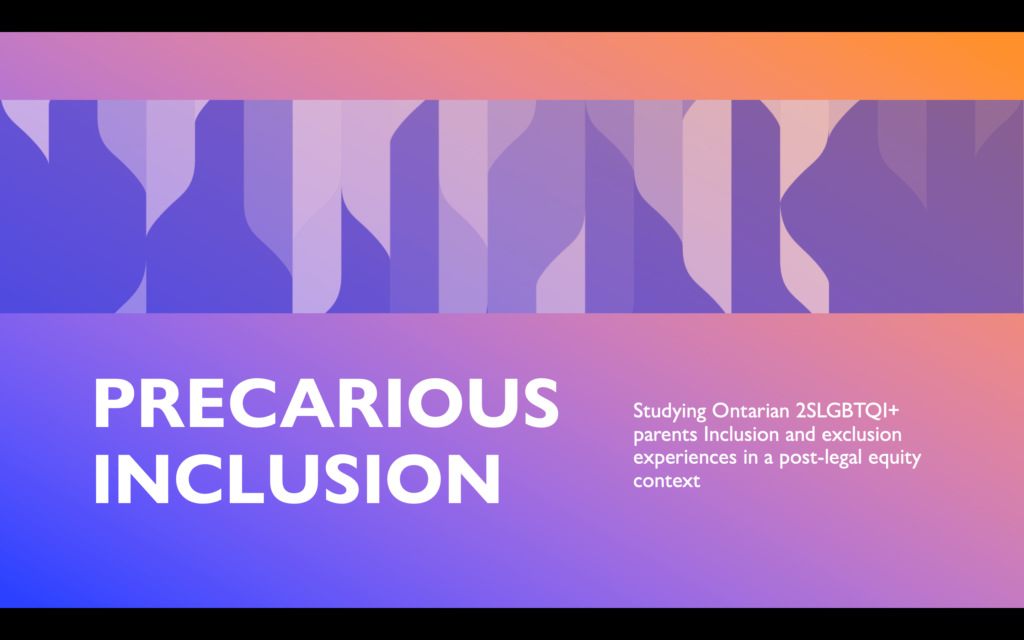

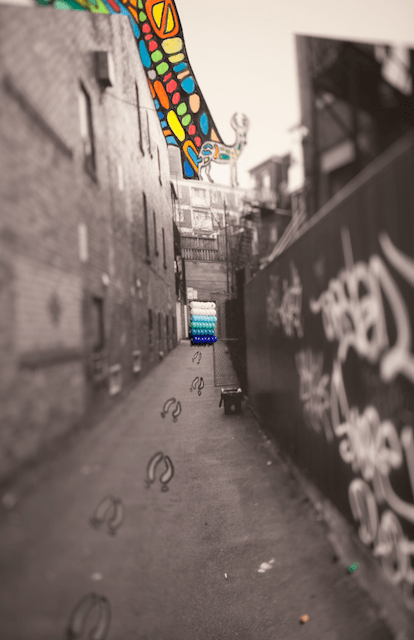
Re•Vision’s Methodology
Re•Vision’s storytelling methodology is situated in activist art traditions and critical arts-based research approaches. Critical arts-based research is an umbrella of methods that seek to generate original works through art-making and is characterized by political and process-oriented approaches.
Critical arts-based research is an umbrella of methods that seek to generate original works through art-making and is characterized by political and process-oriented approaches.
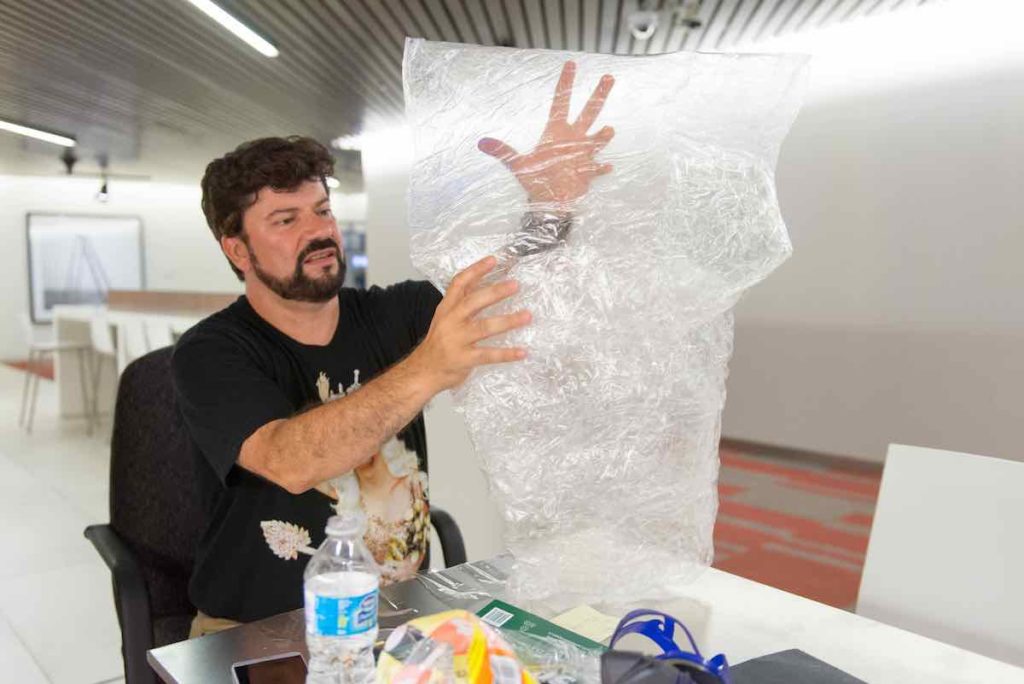
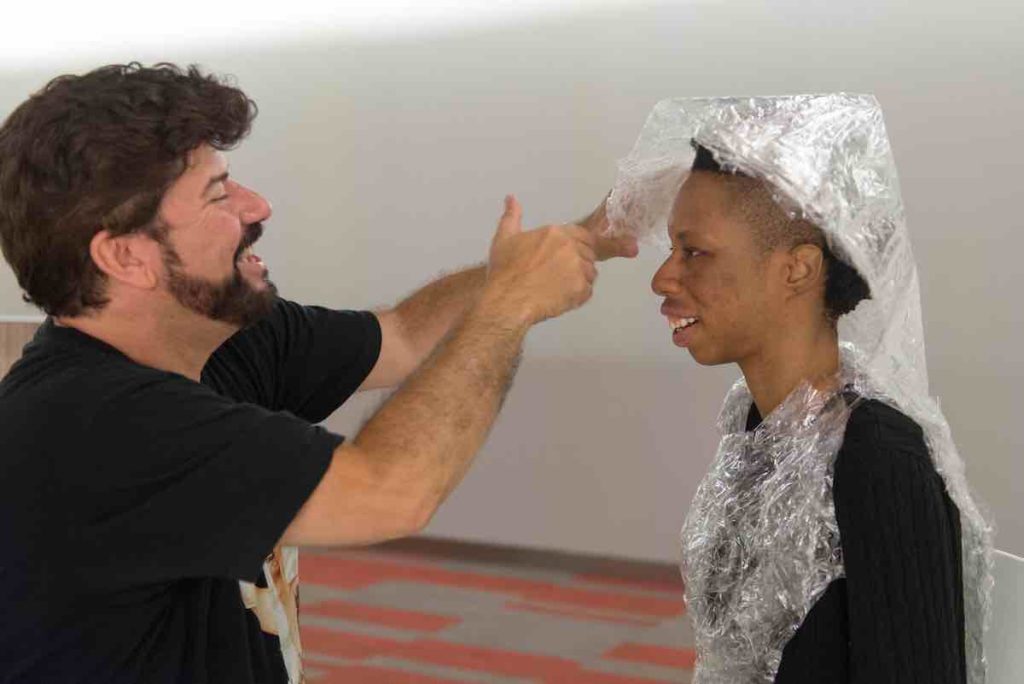
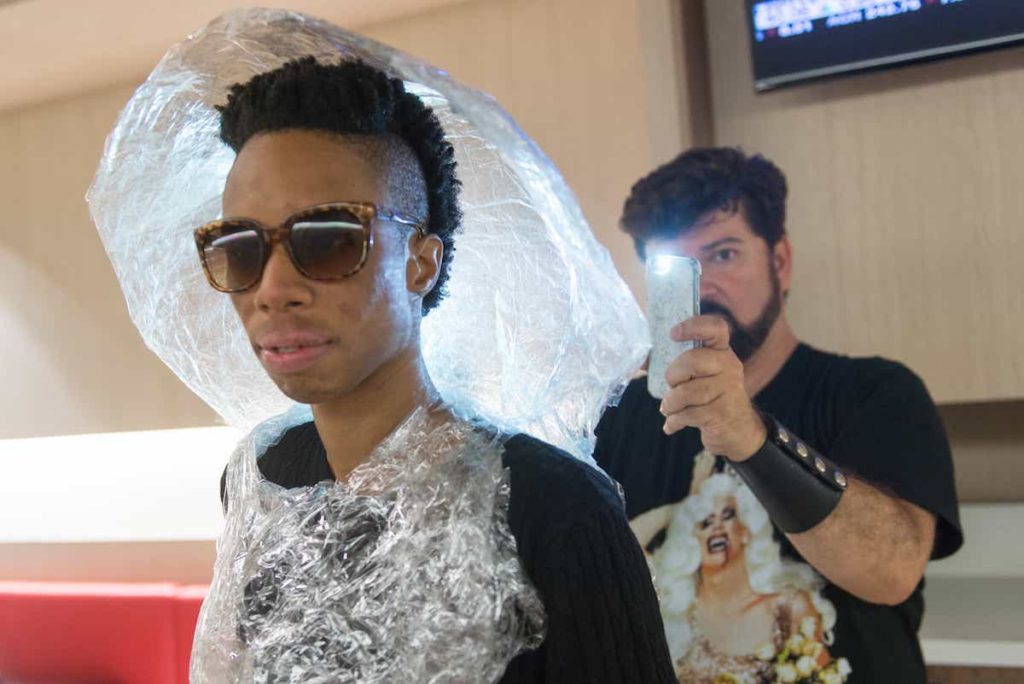
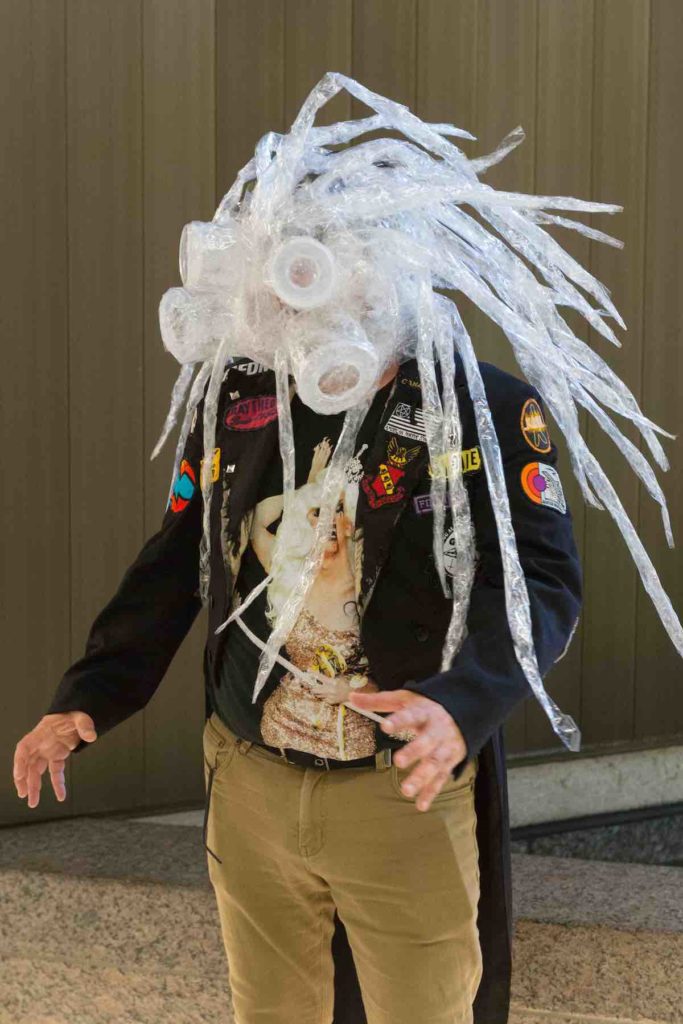
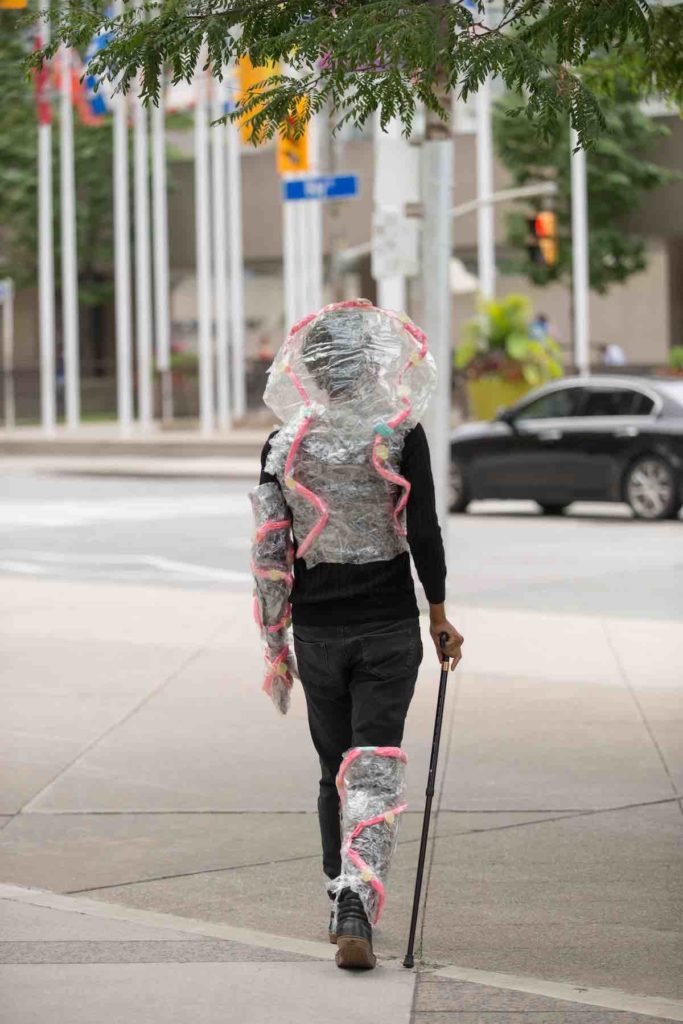
At the heart of the method is the “coming together” of storytelling and social change—the creating and sharing of representations that shift taken-for-granted understandings through storymaking.
Although terms such as digital storytelling are used to refer to participatory filmmaking, Re•Vision uses the phrase “multimedia storytelling” as multimedia encompasses diverse media forms and story places emphasis on the co-constituted, storied nature of knowledge claims.
Related Readings: Rice, C., & Mundel, I. (2019). Multimedia storytelling methodology: Notes on access and inclusion in neoliberal times. Canadian Journal of Disability Studies, 8(1): 118-148. https://doi.org/10.15353/cjds.v8i1.473 Rice, C., & Mündel, I. (2018). Story-making as methodology: Disrupting dominant stories through multimedia storytelling. Canadian Review of Sociology, 55(2): 211-231. https://doi.org/10.1111/cars.12190 Access Copy
The work at Re•Vision challenges dominant representations of non-normative bodies and minds and fosters more inclusive spaces and understandings of well-being and equity.



